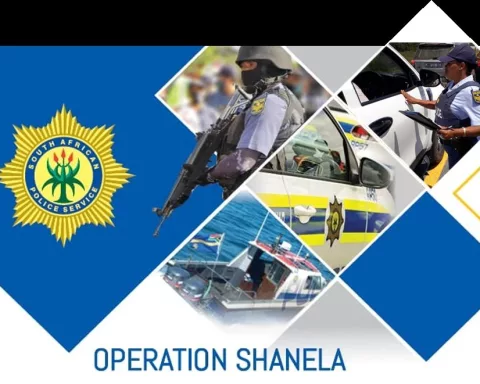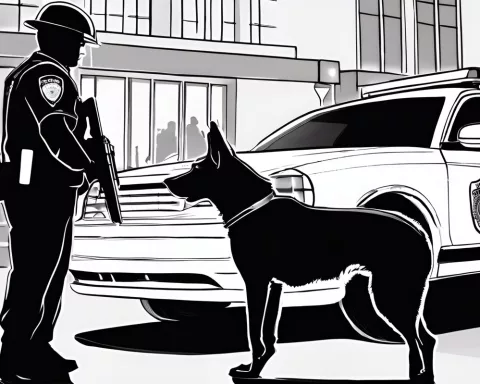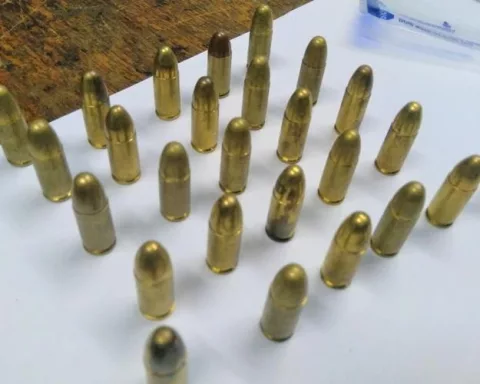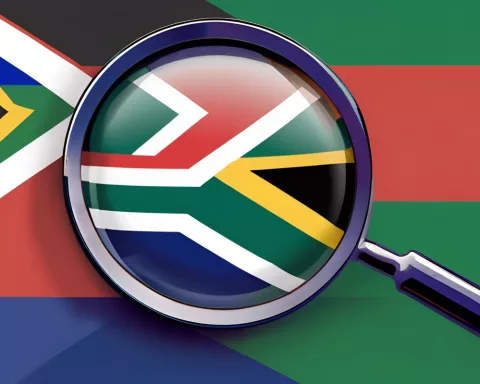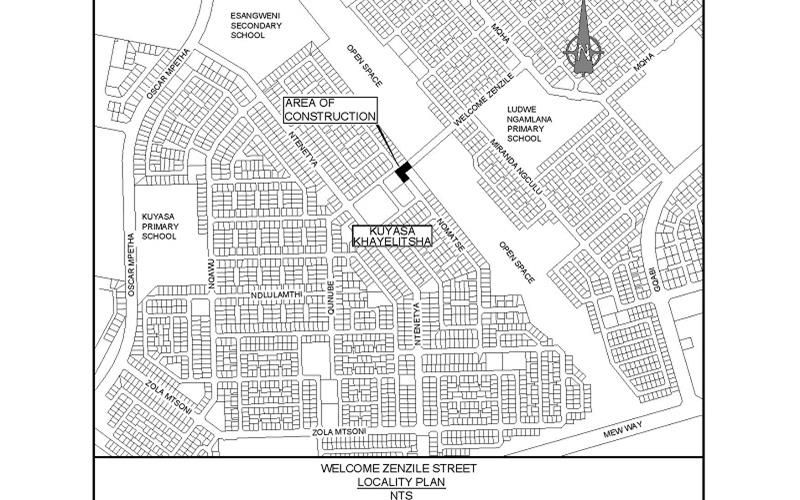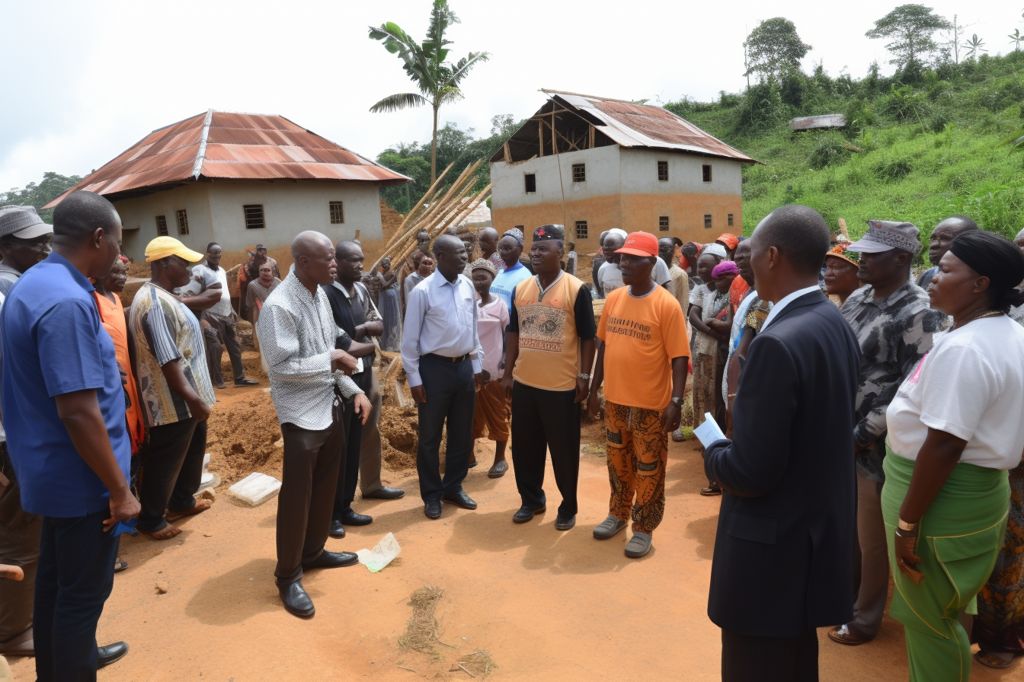Cape Town, a city with high crime levels, has adopted a proactive approach to tackle criminality. The Mayor of Cape Town, Geordin Hill-Lewis, has recently announced several initiatives aimed at supporting the South African Police Service (SAPS) in creating a safer environment for residents.
Concentration of Resources in Hotspot Areas
The city has concentrated crime prevention resources in hotspot areas through a collaborative effort between the City of Cape Town, the Western Cape Government, and the Law Enforcement Advancement Plan (LEAP), with 1,200 law enforcement officers deployed. Additionally, the city has committed to investing R860 million in advanced crime-fighting technology, including CCTV, drones, body and dashcams, aerial surveillance, and gunshot detection systems.
Targeted Measures
To protect frontline staff and public buildings from the threat of crime, the city has deployed 80 Facility Protection Officers and 200 monitors in high-risk areas. These targeted measures have resulted in quarter-to-quarter declines in both murder and contact crime rates across Cape Town’s top 30 crime-ridden stations.
Devolution of Policing Powers
Mayor Hill-Lewis recognizes that even greater results could be achieved through the devolution of policing powers. By granting more authority to investigate crime, the City can assist SAPS in building prosecution-ready case dockets on gang, gun, and drug-related criminal activities. The City has requested a simple amendment to the SAPS Act and a declaration from the Justice Minister under the Criminal Procedure Act. Unfortunately, the City’s requests to the President and relevant Ministers have yet to be addressed.
Positive Results
LEAP deployment areas show a year-on-year decline in murder rates, and 50% of the top 30 stations showing contact crime declines are also LEAP areas. Quarter-to-quarter declines have been observed across the top 30 stations in Cape Town, partially attributed to the reduced prevalence of crime outside the festive season.
Cape Town is taking a proactive stance in the fight against crime, implementing targeted measures and investing in advanced technology to support SAPS in their efforts to maintain law and order. The success of these initiatives is evident in the declining crime rates across the city, yet the potential for even greater achievements lies within the devolution of policing powers. Mayor Hill-Lewis remains undeterred, vowing to continue advocating for Capetonians living in fear of crime, ensuring their voices are heard by the national government.


